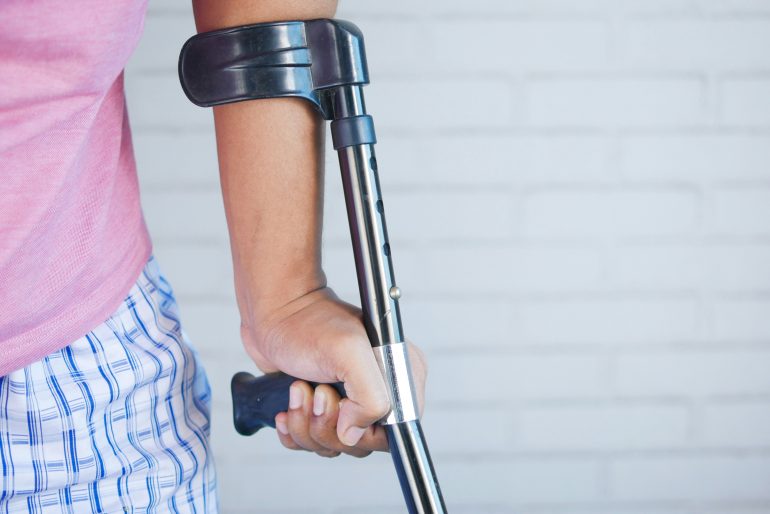Workplace accidents can be distressing and disorienting, but knowing the correct steps to follow protects both your health and your legal rights. Acting promptly and methodically guarantees proper care, accurate documentation, and clarity about your options moving forward.
- Get medical attention and ensure your safety
Your immediate priority following any workplace incident is addressing your health needs. Seek first aid treatment on site or attend A&E if injuries are serious, even if they initially seem minor. Symptoms can develop or worsen over time, making early medical assessment essential. Under the Health and Safety (First-Aid) Regulations 1981, UK employers must provide adequate first-aid facilities, trained personnel, and equipment appropriate to their workplace risks. According to the Health and Safety Executive, there were 138 fatal injuries to workers in 2022/23, alongside thousands of non-fatal incidents requiring medical intervention. Making sure that you receive proper care creates an official medical record that documents your injuries contemporaneously, which becomes important if complications arise later.
Report the accident to your employer and record the details
Informing your employer about the incident should happen as soon as practically possible after receiving treatment. Most workplaces maintain an accident book where details must be logged, including the date, time, location, circumstances, and any witnesses present. This formal record serves multiple purposes: it alerts management to potential hazards, fulfils legal obligations, and establishes a timeline of events. Capture your own account whilst memories remain fresh, noting exactly what happened, any equipment involved, environmental conditions, and how you felt immediately afterwards. Photographs of the scene, your injuries, or any faulty equipment provide valuable supporting evidence. Collecting witness statements from colleagues who saw the incident strengthens your documentation too.
Check reporting requirements and legal responsibilities
Certain workplace injuries trigger mandatory reporting obligations under the Reporting of Injuries, Diseases and Dangerous Occurrences Regulations 2013 (RIDDOR). Employers must report incidents resulting in death, specified serious injuries such as fractures or amputations, accidents causing more than seven days’ incapacity for work, or occupational diseases. The HSE specifies these reportable injuries in detail, making sure that serious workplace harm receives proper investigation. Your employer should handle RIDDOR reporting where applicable, but understanding these requirements helps you verify they’ve met their legal duties. Failure to report qualifying incidents may indicate broader safety failings and could be relevant when assessing accountability.
Preserve evidence and consider your options
Maintaining comprehensive personal records is invaluable if your recovery is prolonged or complications emerge. Keep copies of medical reports, correspondence with your employer, photographs, witness details, and any expenses incurred, such as prescription costs or travel to medical appointments. Review whether circumstances suggest negligence or inadequate safety measures contributed to your accident. If your employer breached their duty of care, seeing if you’re suitable for submitting an accident claim may be appropriate. Trade union representatives can offer guidance on workplace rights, whilst legal advice clarifies whether you have grounds for compensation.
Taking these structured steps protects your well-being, ensures proper documentation exists, and positions you to make informed decisions about potential claims. Swift, methodical action following workplace accidents safeguards both your immediate health needs and longer-term interests.





